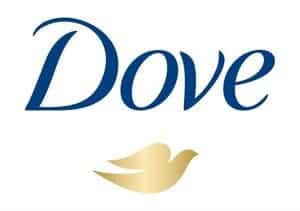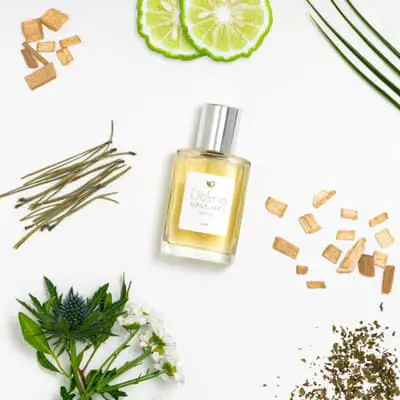- This post may contain affiliate links which - at no cost to you - may generate a small fee for us. It helps us research and review products more effectively
Is Dove Cruelty-Free in 2021?
Technically we would say that Dove is cruelty-free even though some of its products are still sold in China
In recent times Dove claim to have pulled out of selling products in China and as such have been certified as cruelty-free by PETA.
But PETA are not necessarily the most reliable of sources when it comes to certifying whether a brand is entirely cruelty-free or not.
Dove Ethical Overview
- Dove is cruelty-free
- Even though some Dove products are sold in China
- Dove is not completely vegan
- Dove is vegetarian
- Dove is not palm oil-free
- And is owned by Unilever
Is Dove sold in China?
Yes Dove sells products in China.
Whilst it gets round the pre-market testing on a technicality – companies can sell ‘simple use cosmetics’ in China with no pre-market animal testing as long as they are manufactured in China – Dove’s products are not at risk of post-market animal testing.
Hence why it cannot be considered truly cruelty-free.
- UPDATE: China’s animal testing laws have been updated recently
Whilst we cannot now claim that countries involved in selling products in China can be cruelty-free, China’s animal testing policy is no longer as black and white is it seemed.
Is Dove Vegan?
No Dove isn’t a truly vegan brand.
It does use animal-derived ingredients like honey, beeswax and lanolin, making it unsuitable for vegans.
What is Dove’s Official Animal Testing Policy?

As a major leading brand sold around the world, Dove has taken a global stand and gone one step further. Dove has enacted a policy prohibiting any animal tests anywhere in the world: no projects are approved internally if they were to result in a requirement for animal testing of Dove products or ingredients anywhere… All new products Dove will launch in China in the future will not be subject to animal testing by Chinese authorities.”
— Dove
Who owns Dove?
Dove is owned by Unilever, a British multinational consumer goods company who own a plethora of household names like Simple Skincare, Vaseline, Dermalogica, Ben & Jerry’s and Persil.
What is Unilever’s Official Animal testing Policy?
Whilst Unilever have a small number of cruelty-free brands on their roster, it does test on animals – or are at least complicit in animal testing – as Unilever sell in multiple markets where animal testing is required by law.
Unilever’s official policy reads as such:
Occasionally, across Unilever’s broader portfolio of brands, ingredients that we use still have to be tested by suppliers to comply with legal and regulatory requirements in some markets; and some government authorities test certain products on animals as part of their regulations.
We are recognised by PETA as a ‘company working for regulatory change’ for the work we have been doing for more than 30 years to secure the adoption of non-animal approaches.”
Unilever’s Animal testing Policy
Essentially Unilever say it complies with legal and regulatory requirements in order to condone animal testing.
But that it is happy to sell in markets where animal testing is either required by law or could happen in post market testing where you have no control.
Yes Dove is certified cruelty-free by PETA – but we aren’t ready to accept that ruling without seeing further proof.
No Dove isn’t Leaping Bunny certified.
No La Dove isn’t palm oil free, but its parent company – Unilever – is at least member of multiple sustainable palm oil bodies, has a commitment to selling 100% certified RSPO palm oil this year and has supplier traceability to mills.
Yes Dove is vegetarian.
No Dove isn’t organic.
Whilst the majority of its products are paraben-free, Dove isn’t.

